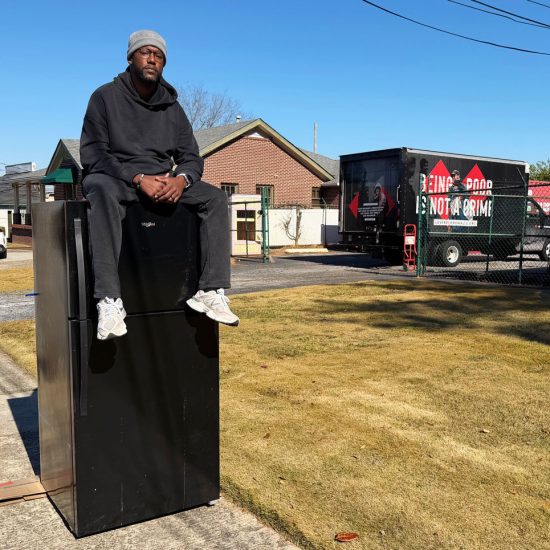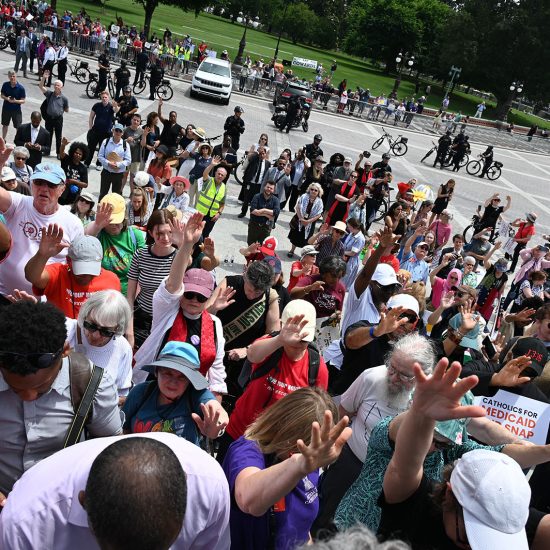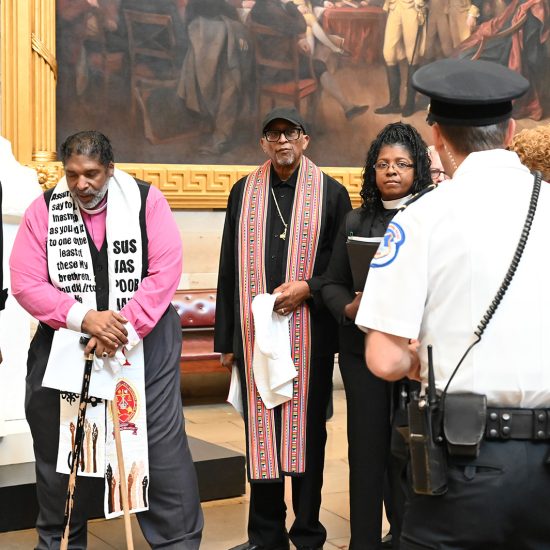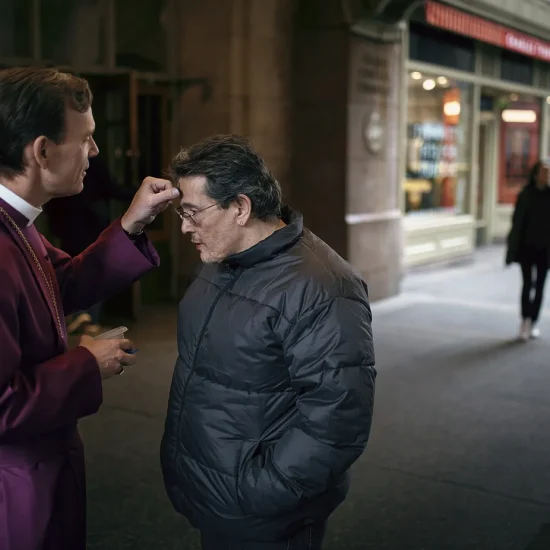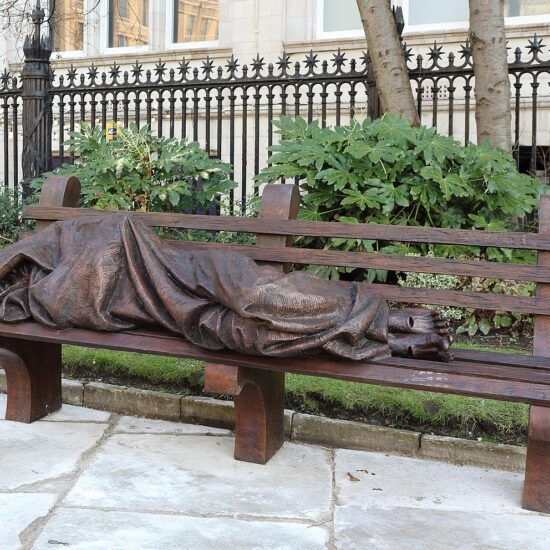By Jennifer Harris
Word&Way News Writer
More than 270 Christian organizations in the Micah Network are workin
g together to ensure the United Nations keeps the Millennium Development Goals designed to cut global poverty in half by 2015. First Baptist Church of Columbia is one such group, striving to be a prophetic voice reminding the world that God cares for the poor.
“We felt a call to answer the Micah Challenge,” said Susie Bennett, deacon at First Baptist Church. “We needed to respond.”
Since answering the challenge, the church has chosen a project each year that fits in with the Millennium Goals. The first year, the church partnered with Heifer International, an organization that seeks to end hunger. The church set a goal of $5,000, enough to fill one of the ark-shaped banks Heifer International uses as a fundraising tool. When the funds came in, however, the church had given a little over $10,000, doubling their goal.
“First Baptist Church, Columbia, looks large,” Bennett said. The building is physically large, but the number of members is smaller than one would think, she added. “We would love to have a goal of 50 or 75 thousand dollars, but we know that is not reasonable for us.”
This year First Baptist is working with WaterPartners International to provide clean and safe water to Mereta Elementary School and the Village of Sayshayto in Ethiopia. “Children under the age of five are dying so fast, and all because of a lack of access to clean, safe water,” Bennett said.
According to WaterPartners, water-related disease accounts for 80 percent of all sickness in the developing world and claims approximately 5 million lives each year, 14,000 per day. For children under age five, water-related disease is responsible for four out of five deaths, averaging 11,000 per day.
Bennett said this project meets two of the eight Millennium Goals: number four, reducing the child mortality rate, and number seven, reducing the proportion of people without access to safe drinking water.
“When Susie presented this to our group, we knew it was something we wanted to work toward,” said Skip Thurman, chair of First Baptist's Fellowship Action Group. “We began to ask, 'what can we do to raise money?'”
The Fellowship Action Group decided to involve the community in the project. On March 10, the church is holding a Silent and Live Auction. Local businesses and organizations have donated goods and services, such as dinner at local restaurants, autographed footballs from the University of Missouri and an afternoon at a local spa. Dinner and entertainment will follow the auction. Since the auction items were donated, 100 percent of the proceeds will go to WaterPartners.
Bennett said the project was chosen when someone asked about Gary White, founder of WaterPartners. White, who formerly lived in Columbia, made it his life mission to provide clean water after visiting Guatemala on a mission trip. The church decided to see what White was doing now and discovered WaterPartners. “I really admire Gary White,” Bennett said. “He saw something — saw a need and has given his entire adult life to address this global problem.”
Bennett invited a WaterPartners representative to speak to the women of the church last May, which helped raise the excitement level in the church. “We meant to do this [project] in the fall and have everything done by Christmas,” she said. “Things came up, and it didn't work that way.”
She added that God's hand has been on the project. “Sometimes we think things need to be done when we want it done, but God is showing us this needed to be done in God's time. There must have been a reason for this.”
Bennett and Thurman are both excited about the way WaterPartners operates. The organization uses local labor and technology to complete the projects. The idea is that if the projects are built around resources that are locally available, the communities will understand how the water system works and be able to repair it quickly if problems arise.
WaterPartners also teaches the communities about hygiene practices and sanitation. “Clean water may be available in a household, but if hand washing and other practices are not routinely followed, the promised health benefits will not materialize,” WaterPartners Web site states. “Without a good understanding of the link between hygiene and disease, the health benefits of safe water can be easily lost.”
Bennett appreciates what she calls WaterPartners' “real life” mentality. “We can give someone water or food, but by teaching about sanitation, WaterPartners is dealing with real life issues,” she said.
For more information on WaterPartners International, visit their Web site at www.water.org. Those wishing to help First Baptist with their goal can contact the church by phone at (573) 442-1149 or by mailing 1112 E. Broadway; Columbia, MO 65201.


